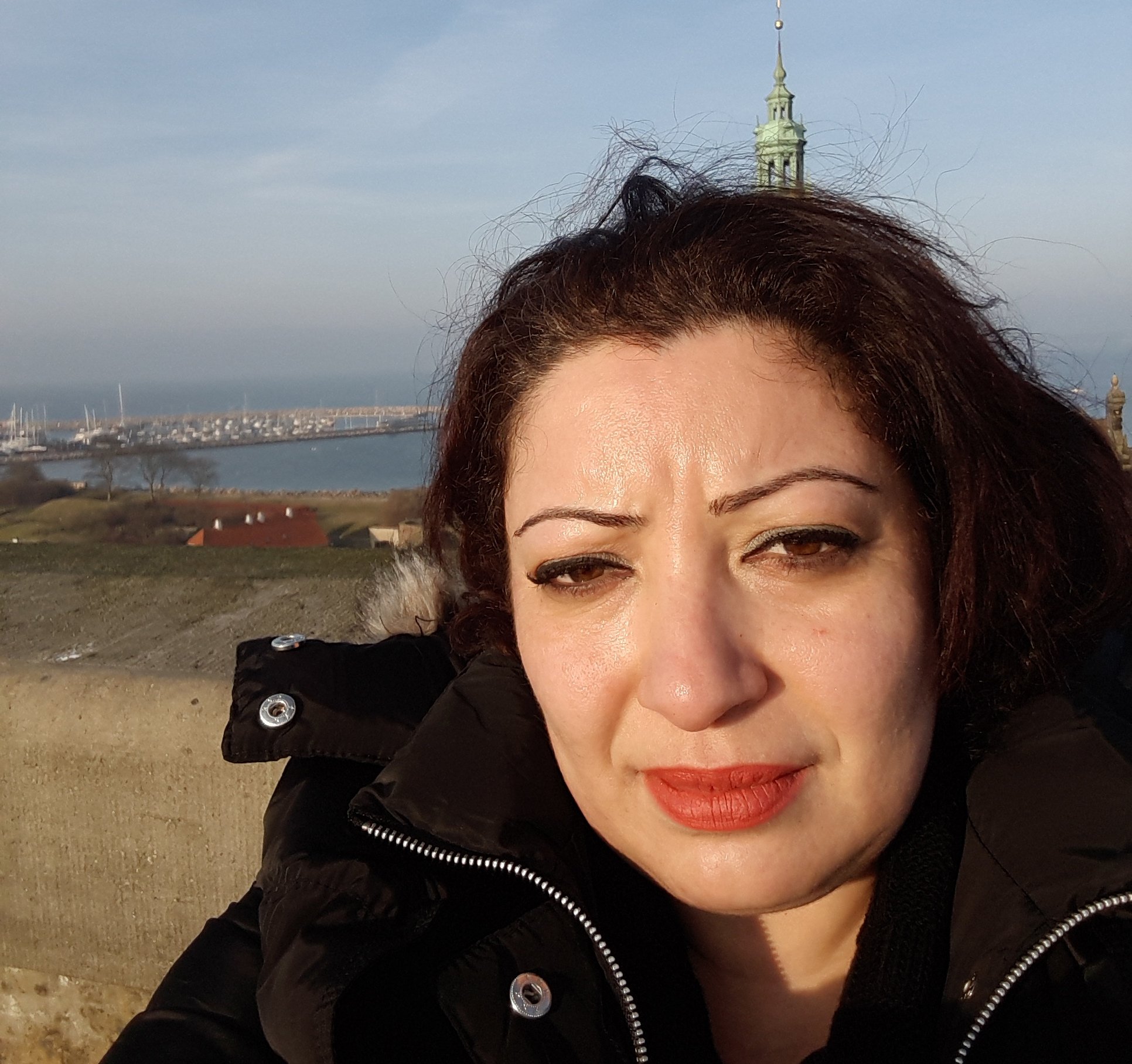Writing Refuge – Syria’s Writers Speak
Seven years ago, peaceful protests began against Bashar al-Assad’s regime in Syria, which has since turned into a devastating civil war. As the conflict enters its seventh year, over six million Syrians are now living as refugees, six million are internally displaced and hundreds of thousands have lost their lives. Syria is one of the most dangerous places in the world to be a writer or a journalist, as arbitrary detention, torture, enforced disappearances and killings have become commonplace and are practiced with impunity by all parties in the conflict. Writers are amongst those to be particularly targeted, and faced with such violence, many writers have been forced to flee the country, with dozens seeking protection and assistance from PEN International and its partner organisation International Cities Of Refuge Network (ICORN), who have placed 17 applicants from Syria since 2011 in cities and regions offering shelter to artists and writers at risk. Countless more are stranded in neighbouring countries, facing an uncertain future.
PEN International's Sahar Halaimzai talks to Amani Lazar, a well-known literary translator and writer from Homs in Syria, who is now a writer in residence with ICORN in the city of Elsinore, Denmark, about fleeing her home, missing her family, her welcome in Denmark and continuing her work.
What were your last days like in Syria?
In some ways it was really ordinary. I was just packing and thinking about what I would take with me and leave behind. But on the other hand I was worried about how I would get out of Syria and how I would get to Lebanon. I was worried that the journey wouldn’t go well. It was my first time leaving Syria and I was going to be completely alone.
I had applied to ICORN in 2014 and in August 2016 they told me that my request had been accepted and it took a while for me the get my visa to Denmark, which I got in December 2016. When I heard that my placement was sorted, I was so happy.
But I also felt really guilty and sad that I was leaving my family behind. I felt like I was betraying them. And even now, after all this time, I still have this feeling of guilt. My mother and my brother are still in my home city of Homs and I speak to them as often as I can. There are a lot of power cuts, so it’s difficult to speak to them regularly, but we talk as often as we can. But I do always worry about them, it’s hard not to. In my city there are car bombs, explosions and I worry about their safety.
What were your first thoughts when you arrived in Denmark?
At first it was like a dream. I didn’t believe that I was in Denmark. Long before the war, I had always dreamed about travelling and seeing Europe especially. It took me a long time to believe that I was there. I had to tell myself over and over again that it was real.
From the moment I arrived, I felt welcomed by this country. When I arrived at the airport my coordinator Dorthe from ICORN and her husband were waiting for me. They had arranged for me to stay in an apartment at the campus of the International People's College which was offered to me in collaboration with the cultural sphere in Helsingor. It has been really wonderful living here and I am able to attend any classes that I wish to attend.
After I arrived, Dorthe helped me sort out all the paper work I needed. She organised an interview with a Danish newspaper and the response was so positive. I met a lot of people through the article. I met some lovely people who gave me a tour of the city, and took me to museums and told me about the history of the city.
How soon after arriving to Denmark did you start writing and translating?
I started to work as a translator about month after I arrived in Denmark. I had a deal with a publisher before I arrived to translate a book, so I started to work quickly. In the first six months, I was attending classes at the local university, I was involved in their work, but I was also free to do my own work. One of my first pieces of work was translating a book by Karen Blixen and I’m now translating my third book, Swing Time by Zadie Smith, which is a beautiful book. I really enjoy my work, and I feel like it saved me. It really gave me a reason to wake up everyday and that’s why I decided to leave because I could see my life slipping through my fingers.
This week the conflict in Syria enters its seventh year. What are your hopes for Syria’s future?
I hope the war in Syria ends tomorrow; I hope the suffering of my people ends. I hope for Syria to be a place where people can express themselves freely and where they can live freely and in dignity. I hope the Syrian people can finally live in peace, with social justice and tolerance.
What message do you have for the international community in relation to supporting writers forced into exile?
The international community need to support organisations like PEN International and ICORN. Their work in facilitating human rights and free expression is important and very much needed today.

